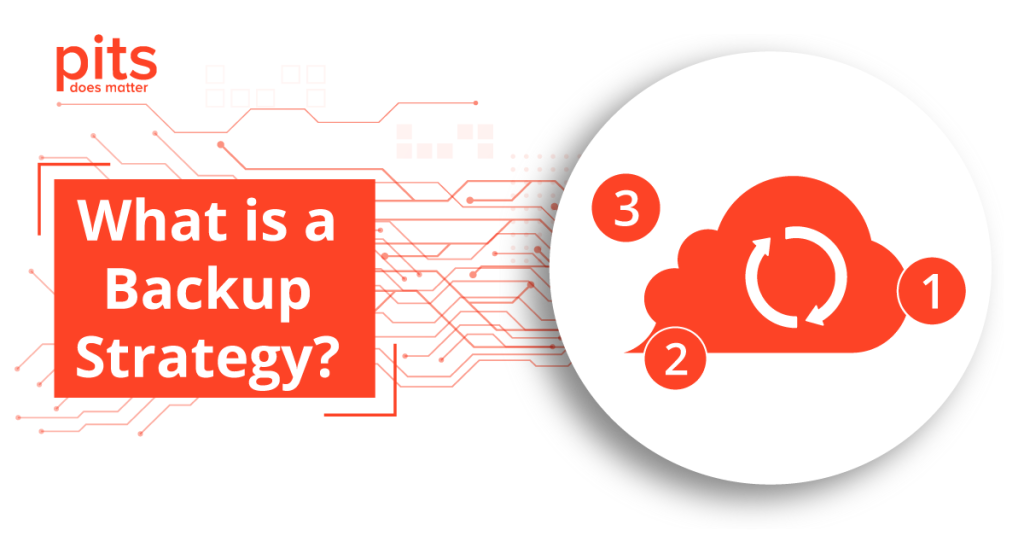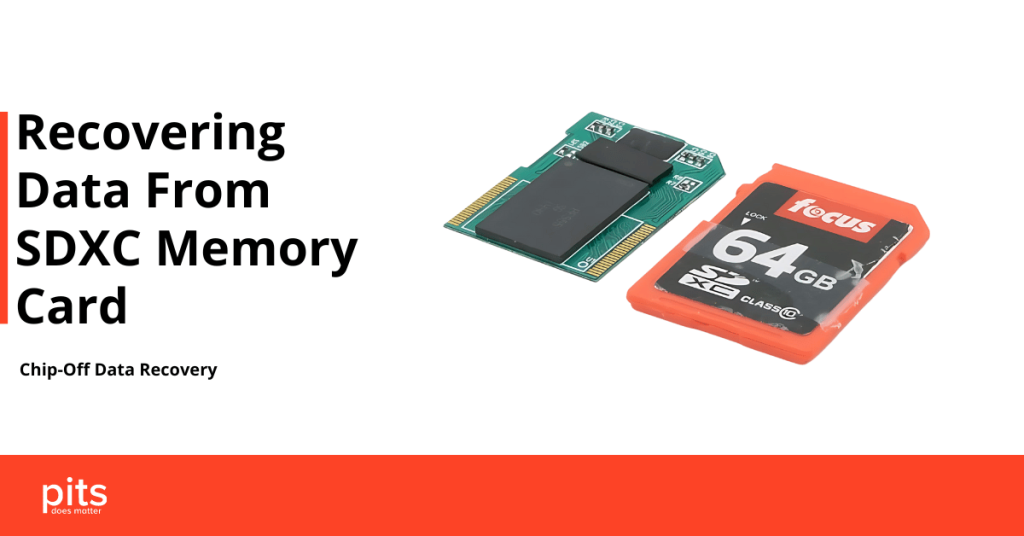Proper maintenance of your hard drive is essential for ensuring its longevity and optimal performance. A well-maintained hard drive can help prevent data loss, reduce the risk of hardware failures, and improve overall system efficiency. This blog post will provide you with valuable tips for maintaining your hard drive, whether it’s a traditional HDD or an SSD.
1. Regular Backups
One of the most critical aspects of hard drive maintenance is backing up your data. Regular backups protect your files from unexpected data loss due to hardware failure, accidental deletion, or malware attacks.
- Frequency of Backups: Determine how often you need to back up your data based on your usage. For critical data, consider daily backups; for less essential files, weekly or monthly may suffice.
- Backup Solutions: Use a combination of local backups (external hard drives) and cloud storage to ensure redundancy and accessibility.
2. Keep the Drive Clean
Dust and debris can accumulate around your hard drive, leading to overheating and mechanical issues. Keeping your drive clean is essential for maintaining optimal performance.
- Physical Cleaning: Periodically check your hard drive and the surrounding area for dust. Use compressed air to clean vents and fans. Ensure the computer is powered off and unplugged before cleaning.
- Cable Management: Organize cables to improve airflow and reduce clutter. Proper cable management can prevent overheating and make troubleshooting easier.
3. Monitor Drive Health
Regularly monitoring the health of your hard drive can help you identify potential issues before they become serious problems.
- SMART Monitoring: Most modern hard drives support SMART (Self-Monitoring, Analysis, and Reporting Technology), which provides information about the drive’s health. Use tools like CrystalDiskInfo or Hard Disk Sentinel to check the SMART status.
- Check for Errors: Periodically run diagnostic tests using built-in utilities like Windows’ Check Disk (CHKDSK) or macOS’ Disk Utility to identify and fix potential issues.
4. Defragment Your Hard Drive (HDD Only)
If you are using a traditional HDD, defragmenting can improve performance by reorganizing fragmented files.
- Defragmentation Tools: Use built-in tools like Windows Disk Defragmenter or third-party software to defragment your drive. Schedule regular defragmentation tasks, especially for older systems.
- Note for SSDs: Avoid defragmenting SSDs, as they use a different method of data storage and do not benefit from this process. In fact, defragmentation can reduce the lifespan of SSDs.
5. Manage Storage Space
Keeping your hard drive organized and free of unnecessary files can help maintain its performance.
- Uninstall Unused Programs: Regularly review and uninstall applications you no longer use to free up space.
- Delete Temporary Files: Use tools like Disk Cleanup on Windows or Optimize Storage on macOS to remove temporary files, system cache, and other unnecessary data.
- Organize Files: Keep your files organized in folders to make it easier to locate and manage your data.
6. Update Firmware and Drivers
Keeping your hard drive’s firmware and related drivers updated is essential for optimal performance and security.
- Check for Updates: Regularly visit the manufacturer’s website to check for firmware updates for your hard drive. Apply updates as needed to fix bugs or enhance performance.
- Update System Drivers: Ensure that your operating system’s drivers, including chipset and storage controller drivers, are up to date.
7. Use a Reliable Power Supply
Power fluctuations can cause serious damage to your hard drive. Protect your device with a stable power supply.
- Surge Protectors: Use a surge protector to prevent damage from power surges and spikes.
- Uninterruptible Power Supply (UPS): For critical systems, consider investing in a UPS to provide backup power during outages, allowing for safe shutdowns and preventing data loss.
Conclusion
Maintaining your hard drive is essential for ensuring its longevity and optimal performance. By following these tips—regular backups, keeping the drive clean, monitoring drive health, defragmenting when necessary, managing storage space, updating firmware and drivers, and using a reliable power supply—you can significantly reduce the risk of data loss and enhance the reliability of your system.


